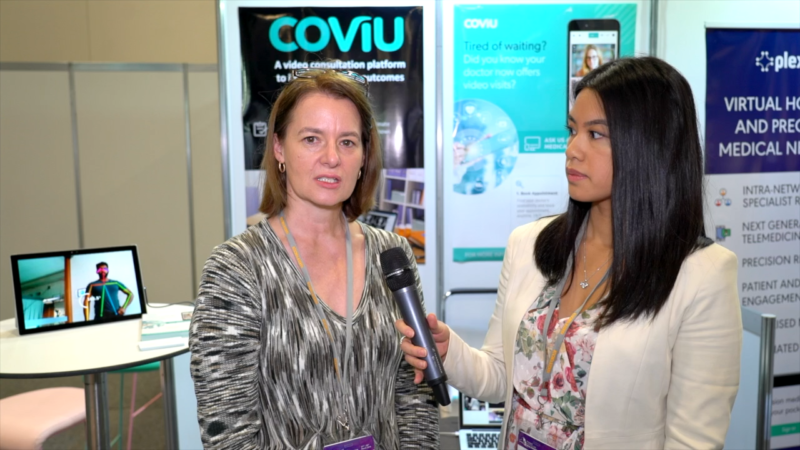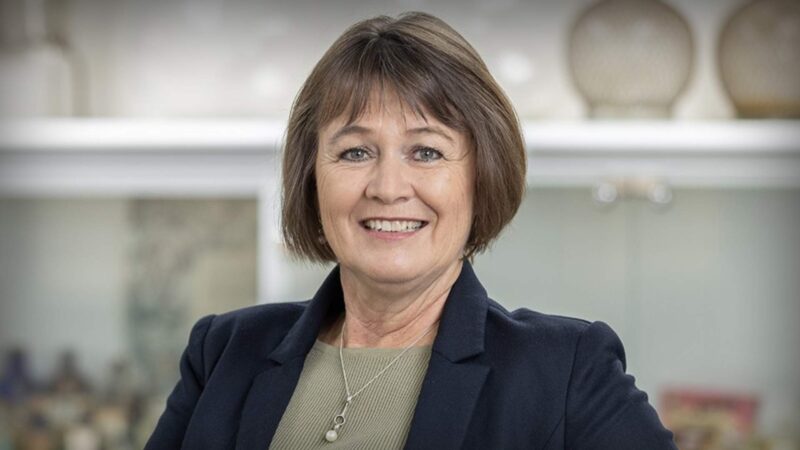Communities across Australia rely on Registered Nurses (RNs) to provide primary care, acute care and aged care. They are skilled, capable and trusted healthcare practitioners often working in some of the most rural and remote parts of the country.
In March 2023, the Australian Government released the National Rural and Remote Nursing Generalist Framework 2023–2027. The Framework is a world first and describes the unique context of practice and core capabilities for rural and remote Registered Nurses in Australia.
As well as describing skills, capabilities and support needed by RNs, the Framework emphasises the importance of clinical decision-making judgement of the patient’s situation, culturally safe practice, collaboration, and partnerships with clients, families and communities.
The framework is for RNs who work in rural and remote locations across Australia, or are looking to relocate there. One such nurse who relocated is Clinton Archer, with Queensland Health, who was interviewed by Australian Health Journal for this segment.
Other ways the the Framework can be applied include:
- For Registered Nurses, mapping their development of the capabilities with a mentor, to develop from formative to proficient skill levels.
- For Educators and Education Providers, supporting individual skill development or curriculum based on the capabilities.
- Government, Organisations and Employers, using the Framework as a guide to grow and support the development of a skilled rural and remote RN workforce
The Framework was developed by the Office of the National Rural Health Commissioner and Australian Health Journal spoke with National Rural Health Commissioner, Adjunct Professor Ruth Stewart, and Deputy National Rural Health Commissioner – Nursing and Midwifery, Adjunct Professor Shelley Nowlan, on the importance of rural and remote nursing and of the Framework itself.
Important contributions and expertise of the members of the National Rural and Remote Nursing Generalist Framework Steering Committee (Steering Committee) led the Framework through its development and consultation. Steering Committee members represented the following organisations.
- Office of the National Rural Health Commissioner
- Australian Government Department of Health and Aged Care
- Australian and New Zealand Council of Chief Nursing and Midwifery Officers
- Australian College of Nurse Practitioners (ACNP)
- Australian College of Nursing (ACN)
- Australian Nursing and Midwifery Accreditation Council (ANMAC)
- Australian Nursing and Midwifery Federation (ANMF)
- Australian Primary Health Care Nurses Association (APNA)
- Congress of Aboriginal and Torres Strait Islander Nurses and Midwives (CATSINaM)
- Council of Deans of Nursing and Midwifery (CDNM)
- Council of Remote Area Nurses of Australia (CRANAplus)
- James Cook University
- Nursing and Midwifery Board of Australia (NMBA)
You Might also like
-
Report gives insights to clinical trial activity in Australia
Established in 2024, Bellberry is a Adelaide-based national, not-for-profit organisation that provides streamlined scientific and ethical reviews of human research. It is the 2025 winner of the Championing Health Award in the Telstra Best of Business Awards.
Australian Health Journal spoke with Bellberry Limited CEO, Kylie Sproston on the organisation and the findings in activity documented in the Clinical Trial Activity Report (CTAR) 2024.
-
Australian Healthcare Week 2019: Pitch Fest Finalist Coviu
Telelheath startup company Coviu was a Pitch Fest Finalist at last week’s Australian Healthcare Week Expo in Sydney. The Coviu platform has been developed as an spinoff from CSIRO and allows healthcare businesses offer video consultations to their own patients. It differs from being just a ‘talking head’ platform that Skype or Zoom could offer, by providing clinical tools integrated within the app. Anne Dao spoke with Co-founder and CEO Silvia Pfeiffer about the company and platform’s journey to date and its longer term goals.
Coviu helps healtcare businesses by helping fit in more consultation during that day and reducing no-shows for appointments. Also given the nature of the dispersed population, the application reaches to rural and regional areas where patients are a long distance from their healthcare provider. The company is focused on the Australian market and aims to enter the US market next year
Post Views:
2,810 -
The quest to create an Australian framework for a Palliative Care Pharmacist
Helen Stone is the State and Territory Manager SA & NT for the Pharmaceutical Society Australia. Her professional interests include palliative care, pharmacist professional services, mental health, leadership, and management.
She has recently led teams of pharmacists in innovative pharmacy practice models including in aged care, GP practice, palliative care and dementia support. This has contributed to the body of evidence for sustainable funding for embedded pharmacist roles in primary care and aged care settings.



